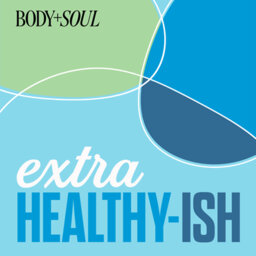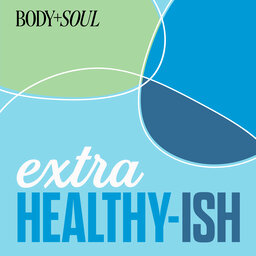Best-selling author Mark Manson on the subtle art of not giving a f*ck
Bestselling author of The Subtle Art of Not Giving a F*ck Mark Manson discusses the self-help industry, his no f*cks approach and his go-to practices to enhance self-awareness.
WANT MORE FROM MARK?
For more on Mark’s Australian tour, see here. You can catch him @markmanson, on TikTok here or via his site here.
WANT MORE BODY + SOUL?
Online: Head to bodyandsoul.com.au for your daily digital dose of health and wellness.
On social: Via Instagram at @bodyandsoul_au or Facebook. Or, TikTok here. Got an idea for an episode? DM host Felicity Harley on Instagram @felicityharley.
In print: Each Sunday, grab Body+Soul inside The Sunday Telegraph (NSW), the Sunday Herald Sun (Victoria), The Sunday Mail (Queensland), Sunday Mail (SA) and Sunday Tasmanian (Tasmania).
 Extra Healthy-ish
Extra Healthy-ish


